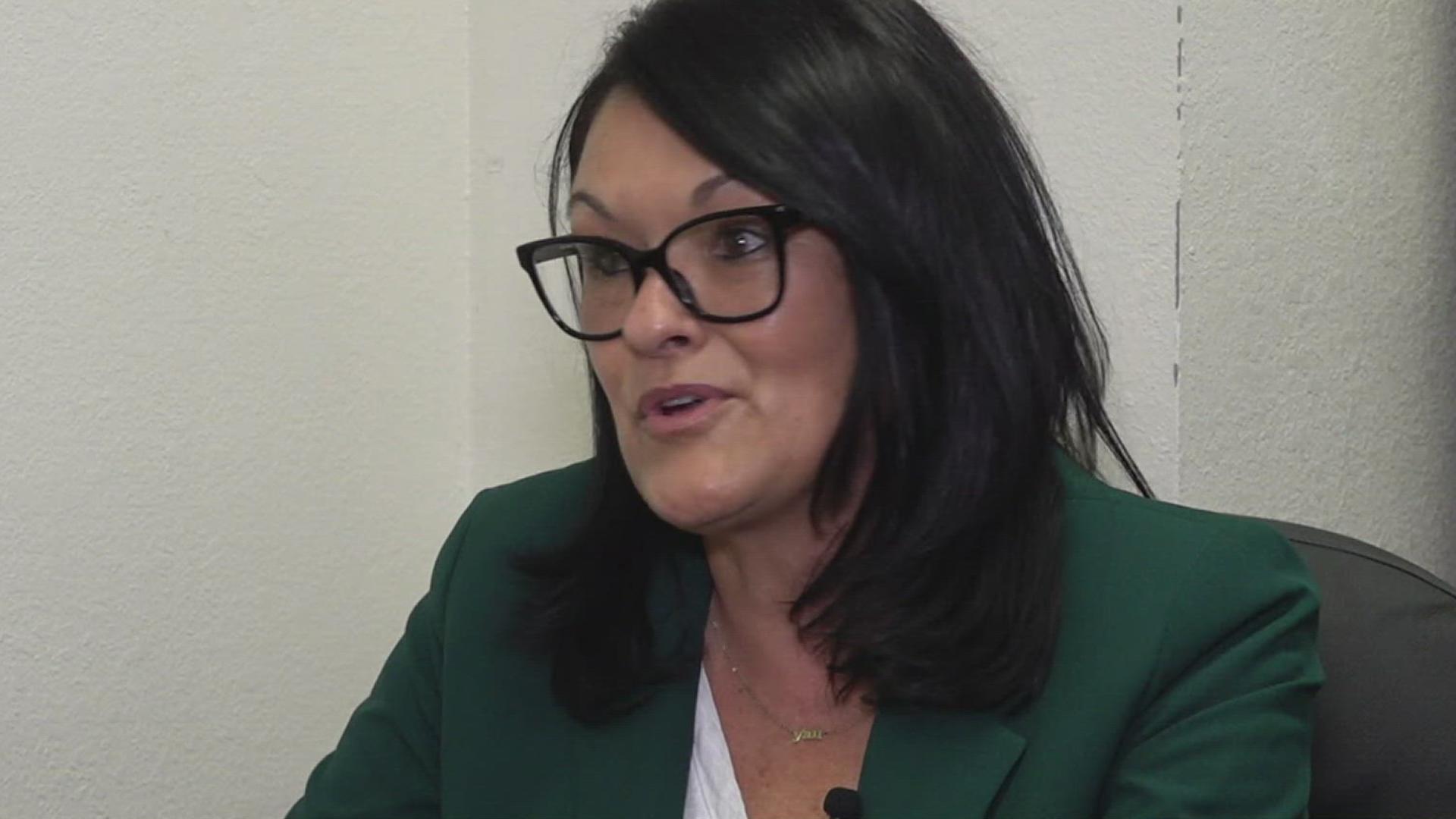CORPUS CHRISTI, Texas — Two children younger than two years old died in hot cars last week on two consecutive days. The traumatic scenes were a reminder that first responders can be emotionally affected by what they see.
In Corpus Christi, a mother left her 22-month-old daughter in her car last Tuesday for hours. She told police she forgot to drop the child off at daycare. It happened again the next day in Beeville. A grandmother left a nine-month-old girl in a car, forgetting about her when she went inside a house.
Both children did not survive.
As Corpus Christi Police Department responded to the incident in Corpus Christi, officers were seen comforting each other at the scene. CCPD Senior Officer Denise Pace explained the importance of having that support system.
"That is exactly what peer support is about," Pace said. "We are peers and we provide comfort to each other, because we know. Your peer knows what you're experiencing and what you're feeling."
Pace said that CCPD has a 34-person peer support team made up of officers and civilian employees. It includes dispatchers, crime scene technicians and more. Two licensed counselors and a psychiatrist are also available at any time.
"This job is very stressful, and we have officers out there every day putting their lives on the line for others," Pace said. "One thing we need to keep in mind, our police officers are human beings just like you and me. They have children, they have wives, they have moms, they have dads, brothers, sisters. So, it affects them."
Since officers are called when people are in crisis, Pace said that they can take on stress from experiencing a traumatic event. She said that they can become desensitized at the scene but when they get home, it can start to affect them. She described her personal experience with calls involving children.
"Sometimes you just want to go home and hug your children," Pace said. "I know I've been in that when I was in patrol. I've gone home many times and woken my kids up to just give them a hug, because I just needed that comfort from them."
Pace added that officers should know it is okay to reach out for help if they need it.
"It's important to give them support, and it's important for us to provide them as much mental health help as we can so they can do this job effectively and help serve and protect our community," Pace said.

